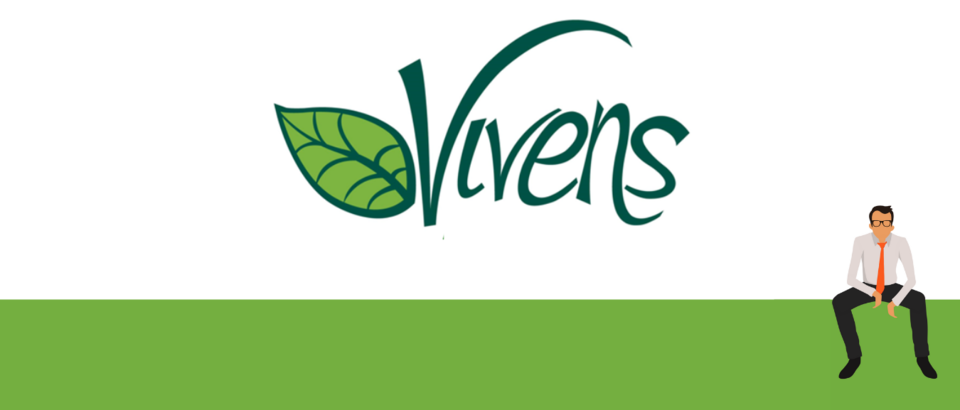Education
Wayne obtained his Bachelor of Arts and Bachelor of Education degrees through the University of Regina. The work for his Master of Education was done through the University of Southern Queensland (Toowoomba). Postgraduate training in marriage and family therapy was done through courses offered by the Family Therapy Training Program (Calgary); the Colorado School for Family Therapy; and the Philadelphia Child and Family Therapy Training Center. A certificate in addiction studies was earned through Mount Royal College/University. Wayne has also been trained to use the PREPARE/ENRICH relationship inventory. He is hoping to complete a Diplomate in Logotherapy through the Viktor Frankl Institute of Logotherapy.
Employment
Since the early 1990s, Wayne has been a successful classroom teacher (grades 6 to 12) and guidance counsellor (kindergarten to grade 9). He has also worked with a private agency as a small group counsellor with children exposed to domestic violence and as a facilitator for parenting courses. As a volunteer, he led a programme for children dealing with significant loss (e.g., divorce, separation, death). He currently also receives referral work for women and men suffering after experience with a procured abortion.
Memberships
Professional memberships have included the Catholic Psychotherapy Association of Canada; Catholic Psychotherapy Association; Society of Catholic Social Scientists; the Fellowship of Catholic Scholars; the Alliance for Therapeutic Choice and Scientific Integrity; the International Positive Psychology Association; the Canadian College of Professional Therapists & Counsellors; and the American Association for Marriage and Family Therapy.
Philosophy
In this professional practice, Wayne uses an eclectic approach - choosing what he believes will be of best benefit to particular clients. The main influences come from positive psychology (Martin Seligman, Christopher Peterson, Mihalyi Csikszentmihalyi); bibliotherapy; logotherapy (Viktor Frankl); Christian humanism (Karol Wojtyla); attachment parenting (Gordon Neufeld); temperament theory; and Covey's 7 Habits. While religious belief will only be explicitly integrated into therapy, where appropriate, if clients desire it to, there is good reason to see an excellent fit between spirituality and psychology.


